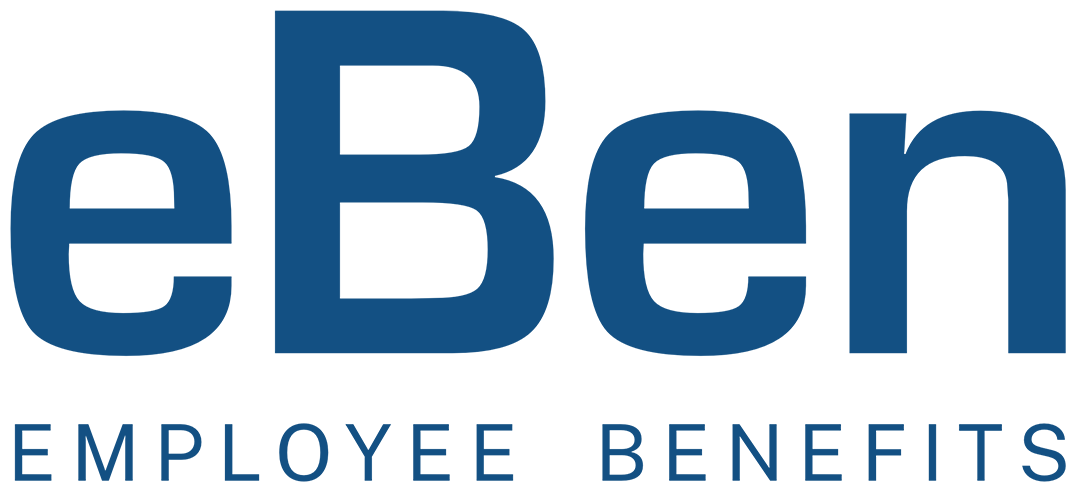Better understanding and compliance eligibility requirements
Improved renewal processes through accurate enrollment records, documentation and communications
Avoidance of potential stop loss claim denials
Reducing compliance risk under Sarbanes-Oxley, ERISA and DOL
What Is a Dependent Audit?
A dependent audit is a verification process that allows employers to validate the eligibility of dependents that are covered under their health and wellness insurance plans. Dependent audits can vary but most companies that offer these services will work closely with the employer’s human resources department. Together, the team can determine the ideal timeline for the audit, as well as communications and objectives.
Dependent audits also function as a type of compliance review to ensure that any dependents listed under the company’s health plan are not only eligible to enroll based on the plan’s eligibility rules but also meet all state and federal regulations. Dependent audits can be performed as a one-time measure, periodically or on an ongoing basis to prevent further instances of wasted money.
Why are Dependent Audits Important?
It can be difficult for employees to fully understand the rules surrounding health insurance enrollment. When workers do not understand or ignore these rules, they may choose to enroll individuals who are not actually eligible for company health benefits.
For example, an employee may choose to enroll an ineligible boyfriend, girlfriend, cousin, or grown child over the age of 26. Some employees will also fail to report a spousal divorce and continue to have their former spouse receive health benefits.
Continuing to pay for ineligible dependents can result in large financial losses for companies. With healthcare costs on the rise, employers must take the initiative to identify and remove ineligible dependents from their health plans.
What are the Benefits of a Dependent Audit?
There are many benefits to conducting routine dependent audits, starting with the elimination of wasteful spending. According to a 2021 Health Benefits Survey published by Kaiser, employers pay an average of $22,221 per employee each year for annual family premiums. When ineligible dependents are removed from these plans, employers can save a significant amount each year.
A dependent audit can also be beneficial for public companies seeking compliance. For businesses to show that they are fiduciary responsible, they must ensure that their healthcare plan only covers employees and dependents that are eligible. An audit can also reduce an organization’s liability as ineligible dependents put them at risk due to compliance issues.
How to Start?
At eBen when we work with our clients to prepare for an audit, we identify a timeline for success that we have broken down into 5 stages.
First – Preparation Stage
- Clear dependent eligibility rules and documentation standards
- Executive Sign-Off on audit
- Vendor Selection
Second – Communication
Provide information to employees and dependents about the audit:
- Purpose and objectives
- Employee expectations and documentation requirements
- Deadlines
- FAQ and forum for new questions
- Consequences for failure to establish eligibility
Third – Audit
- Letters go out to all enrolled employees with covered dependents
- Method to return data
- Deadlines
- Outbound calls
Fourth – Data Analysis & Consequences
- Identifying non-responders and ineligible, enrolled dependents
- Follow-up requests for information/documentation
- Notification of loss of eligibility and options for coverage
- Adverse benefit determination review and appeals
Fifth – Open Enrollment
Audit complete! Use new standards for new enrollments and changes.
Contact eBen To Learn More
If you are interested in learning more about the process of conducting routine dependent eligibility audits, give us a call at (910) 518-9338 or use the contact form on our website to get in touch with an expert.


